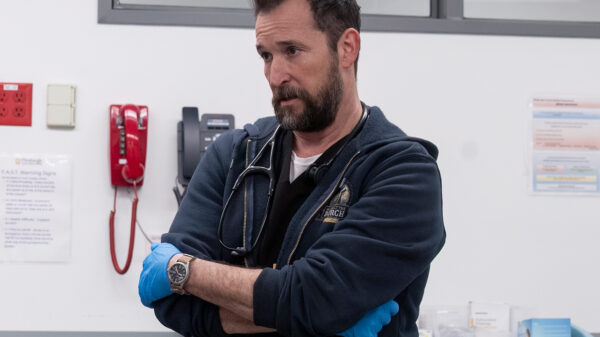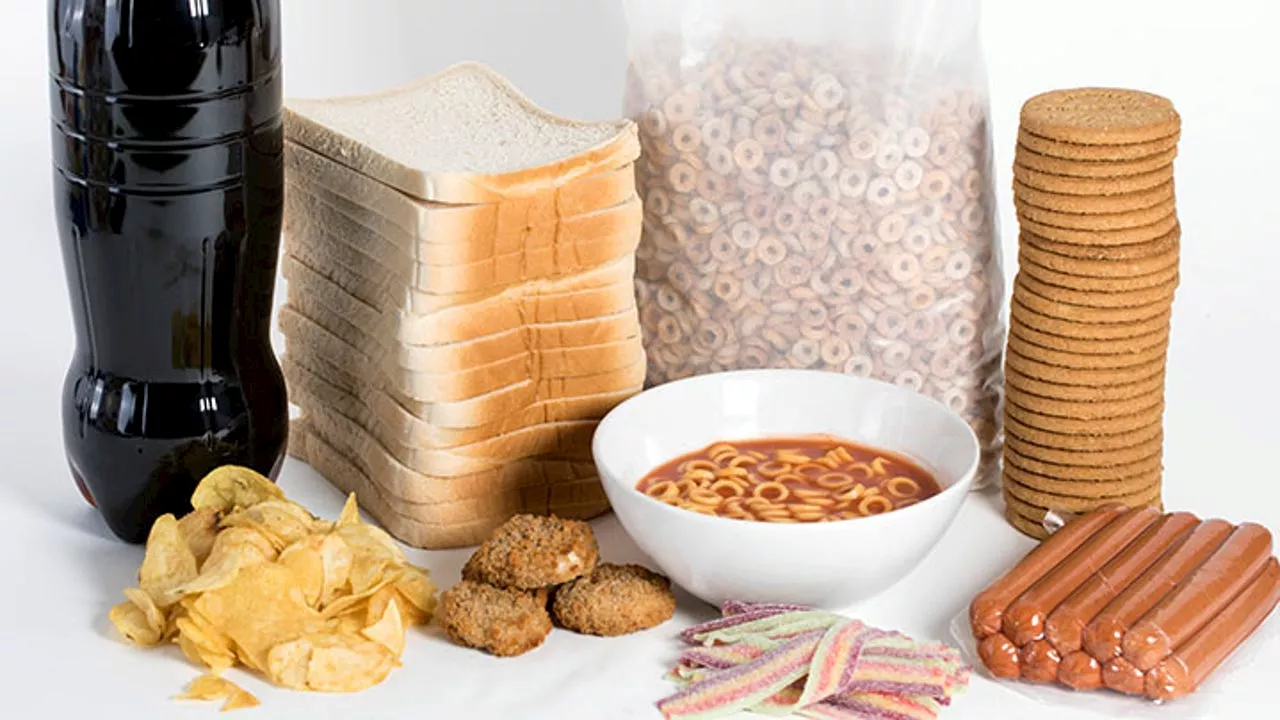A new study has uncovered a significant association between the consumption of ultra-processed foods and an increased risk of developing precancerous lesions linked to colon cancer among young adults. Conducted by researchers at the Mass General Brigham Cancer Institute, the study analyzed data from nearly 30,000 young, healthy women, revealing that higher intake of these foods correlates with a greater likelihood of developing colon adenomas, which are precursors to colorectal cancer.
Ultra-processed foods encompass items such as boxed soups, frozen meals, and other products containing industrial ingredients not typically found in home kitchens. These foods, which many individuals grew up consuming in the 1970s, 1980s, and 1990s, now account for approximately 70% of the average American diet, according to public health estimates.
Rising Concern Among Health Experts
The findings have raised alarms among cancer experts, particularly as diagnoses of colorectal cancer continue to rise among younger adults. Dr. Katherine Van Loon, a professor at UCSF and director of the UCS Global Cancer Program, highlighted the importance of these results in understanding the trends in colorectal cancer. “Every patient in my clinic is very, very young,” she noted. “We’re seeing decreasing rates in people over 45, but rising rates in younger people. This is resulting in a rising mortality rate from an otherwise preventable disease.”
Previous studies have identified factors such as obesity, Type 2 diabetes, sedentary lifestyles, and high consumption of red and processed meats as contributors to early-onset colorectal cancer. Yet, Dr. Van Loon points out that many young patients do not fit these typical risk profiles, underscoring the need for further investigation into dietary influences.
Dietary Changes and Preventive Measures
While the study did not specify individual ultra-processed foods, Dr. Van Loon emphasized that they often include convenient products with extended shelf lives, echoing dietary habits of past decades. She believes it is not too late for individuals to shift towards healthier eating patterns. “We know from tobacco research that when someone stops smoking, their cancer risk decreases,” she stated, suggesting a similar potential for reversing the negative impacts of decades of ultra-processed food consumption.
To promote better health, Dr. Van Loon advocates for prioritizing fresh foods, including fruits, vegetables, and unprocessed meats. She also urges individuals aged 45 and older to undergo screening for colorectal cancer and emphasizes the necessity of addressing any concerning symptoms at any age. “If someone is experiencing bowel changes, blood in their stool, abdominal pain, cramping, or unexplained weight loss, they should see a doctor,” she advised. “Just because you’re not yet 45 doesn’t mean those symptoms don’t need medical attention.”
Dr. Van Loon’s insights highlight the critical need for awareness and proactive measures in combating the troubling rise in colorectal cancer rates among younger populations. By fostering healthier dietary habits and ensuring timely medical evaluations, the potential exists to reverse this alarming trend.








































































